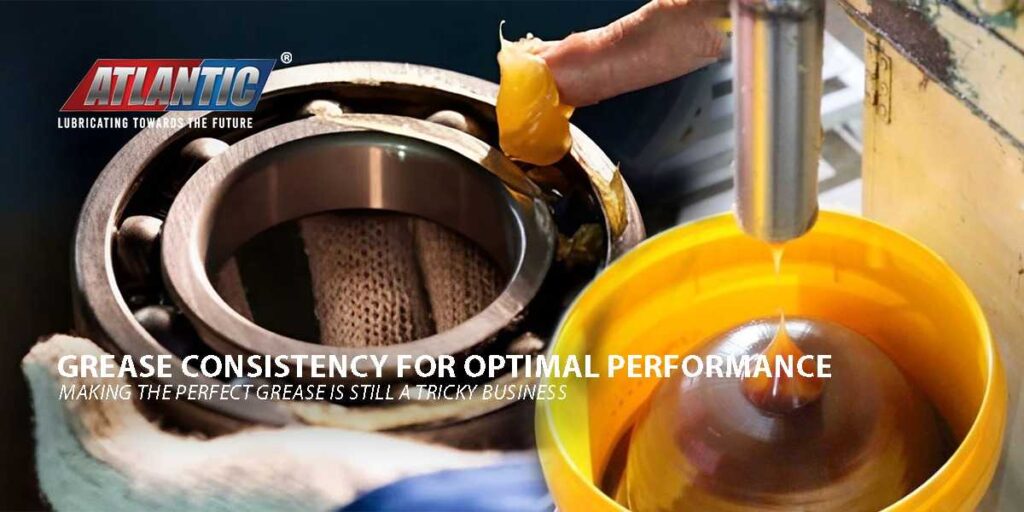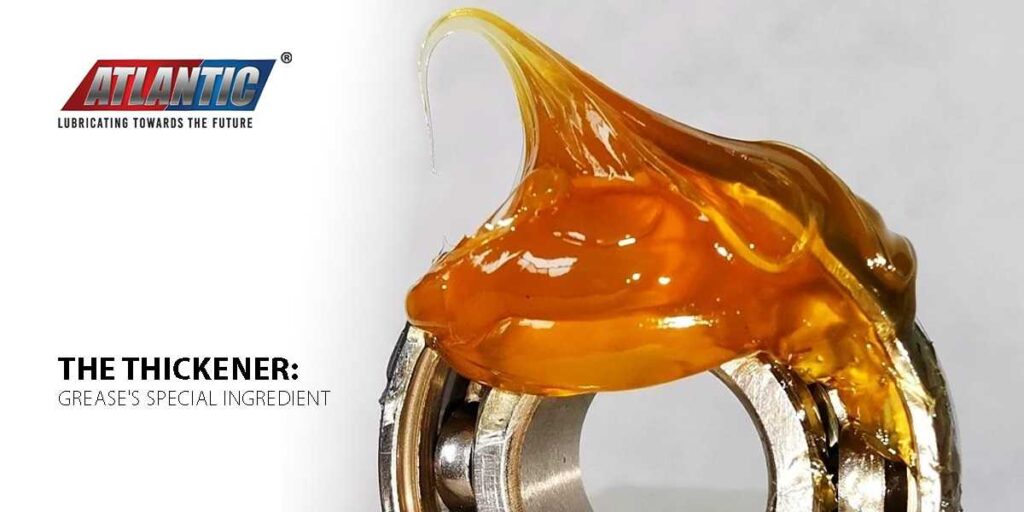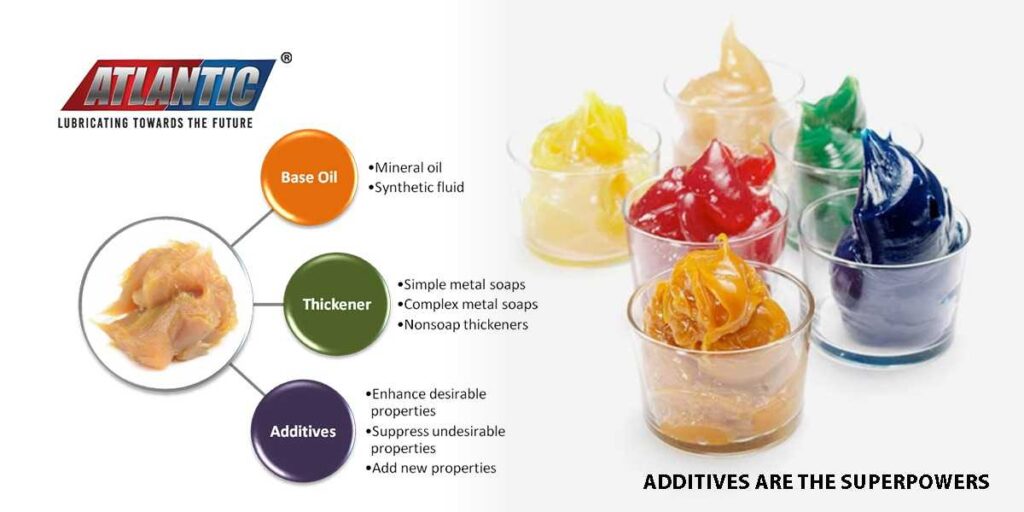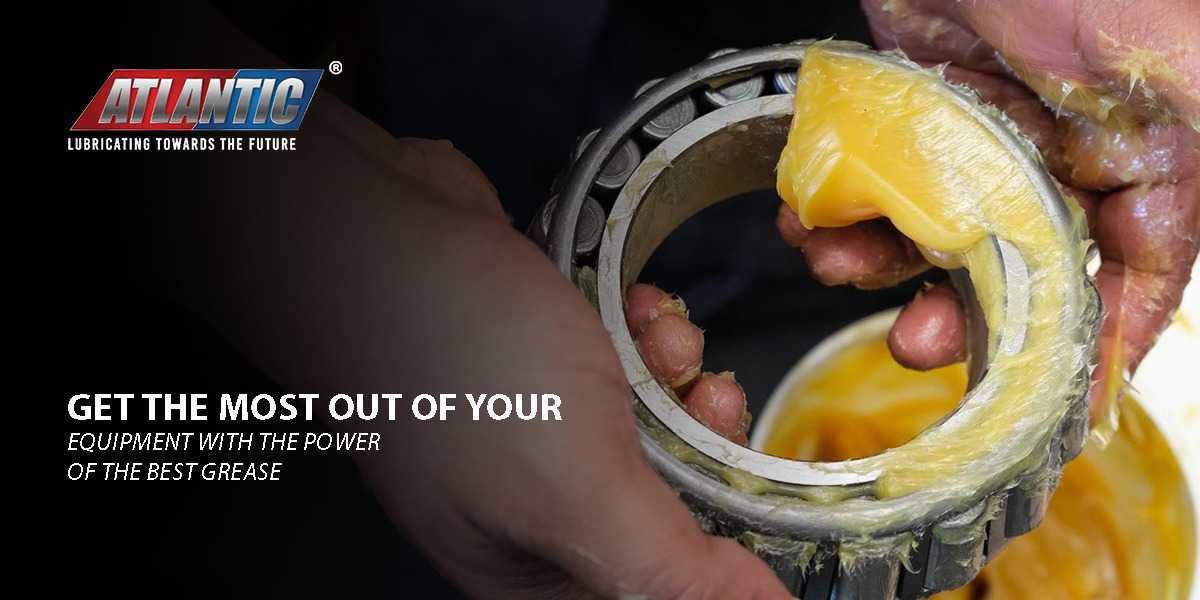For centuries, people have used lubricants to make machinery run smoothly. Early greases were simple mixtures of animal fats or plant-based oils. The discovery of petroleum and advances in chemistry revolutionized greases. It gave us the high-performance lubricants we rely on today. Modern greases are complex blends of base oils, thickeners, and specialized additives designed to withstand extreme temperatures, heavy loads, and harsh environments. The selection of the right grease is crucial – it protects your equipment, helps it run better, and saves you money in the long run.
Grease Selection: A Strategic Choice
The decision on the proper grease isn’t about just grabbing any old tub. It’s about understanding what that grease will face in the real world – the pressure, the heat, the constant struggle. Making the wrong choice will harm the machine and result in giving up too soon. A poorly chosen grease is more likely to lead to inefficient operation and premature wear rather than immediate damage. Believe it or not, grease makers have been puzzling over this for a long time.
Back in 1952, one article put it like this: “We need grease that’s strong, won’t melt, but still flows where it needs to. Oh, and it can’t make your machine work any harder than it has to!”
While the technology has changed, the core challenges remain. The selection of the right grease means understanding the specific needs of your machinery and how different greases respond to those conditions.
It turns out that the direction is still true. Every good grease needs to be checked in a different machine to keep your equipment humming along. While thorough testing is essential, initial lab tests (like penetrometer readings or dropping points) can reveal a lot about grease properties before field trials.
Consistency For Optimal Performance

The research has a fascinating take on grease. It says that even with all the modern advancements, making the perfect grease is still a tricky business. Why? Because so many tiny things can change the final product – using the machines, the exact process. It affects even how experienced the grease maker is!
What makes grease unique? It has a special property called rheology. Another scientist breaks down a key concept about grease rheology. Most things are either solid (they hold their shape) or liquid (they flow easily). Grease is a bit of both! That’s why it seems thick when it’s just sitting there but thins out and gets to work when your machine starts moving. Scientists call that “shear thinning.”
Base Oil Controls Key Properties
The base oil is the heart of grease! Here’s why it plays such a critical role:
- Base oil is the Main Ingredient: Best grease lubricant might seem super thick, but they’re mostly made of base oil (think around 70-90%). The rest is the thickener and the additives. It Determines Key Properties:
- Viscosity: How thick or thin the grease flows is primarily controlled by the base oil. Viscosity, along with the type and amount of thickener used. This is essential for matching machinery needs – fast-moving parts need thinner grease, while slow, heavy-duty parts need thicker protection.
- Temperature Tolerance: The base oil determines how well the grease handles heat and cold. Some base oils stay stable in extreme temperatures, perfect for harsh operating conditions. This is important for matching the conditions your machine operates in.
It provides lubrication: While the grease looks thick, it actually ‘thins out’ when the machine gets going. The lubrication action comes directly from the base oil that is flowing between the moving parts.
Think of it like making soup:
- Base Oil = The Broth: It’s the foundation, and its flavor and consistency influence the whole dish.
- Thickener = Flour or Starch: It helps create that thicker texture but doesn’t provide the main lubrication.
- Additives = The Spices: Fine-tune the final product, but without the broth, you wouldn’t have soup at all!
The Thickener: Grease’s Special Ingredient

What gives grease its unique texture? It’s the thickener! It’s the thickener! This is a special ingredient that turns plain Oil into something thicker and stickier. Thickeners can be all sorts of things – soap, certain types of clay, or other specialized compounds. They look different under a microscope – some are like fibers, some like little balls, and others like flat plates. The shape and type of thickener you choose changes your grease, making it:
- Handle heat better (or worse)
- Stay put in wet conditions!
- Be softer or stiffer, depending on what your machine needs.
Complex Greases Offer Enhanced Protection
The thickener isn’t just about making grease thick – it has a huge impact on how your grease behaves in the real world. Think about how different it feels to spread peanut butter versus jelly. That difference is largely due to the thickener! Here’s how it impacts your grease:
Appearance And Texture:
The type of thickener influences whether your grease is buttery smooth, a bit stringy, or even slightly grainy feel. This matters because it affects how the grease sticks to parts and whether it will stay where you put it.
Melting Point:
This is crucial! The ‘dropping point’ is the temperature where your grease gets too hot, turns into a runny liquid, and stops protecting your machinery. Different thickeners handle heat differently.
Staying Power:
Some thickeners hold up better to the constant rubbing and pressure inside a working machine. A grease with a weak thickener will break down too fast and need to be replaced more often.
Water Resistance:
Does your machinery get exposed to moisture? Some thickeners wash away easily, while others are designed to cling to metal even in wet environments.
Pumping Power:
If your grease needs to be moved through tubes or hoses, the thickener matters. Certain types of grease are easier to pump than others, which is important for proper lubrication.
There are simple greases, and then there are complex thickener greases. These are made with extra ingredients that boost its performance, usually letting it handle higher temperatures before it gives out.
Manufacturers point out that making these thickeners is a delicate process. It is like a science experiment – a little too much heat or not stirring it long enough, and you could end up with a totally different result!
Thickener Properties Affect Grease Performance
The classic greases you probably think of usually use thickeners made from things like lithium, calcium, or a few other metals. The most popular worldwide is lithium grease. The funny thing is the choice of metal matters a lot! It changes how well the grease handles heat, whether it gets affected by water or other important stuff. Kumar points out that some thickeners, like those specialized calcium sulfonate ones, are naturally better at handling wet conditions than others. Greases made with clay are interesting – they don’t melt at a single point, so they get used in really hot machines.
One of the grease experts emphasizes that the thickener is probably the most important ingredient. It sets the stage for what that grease can do. Is it meant for extreme heat, around water, or maybe even in machines that handle food? (Hint: lithium is a no-go for food-grade grease). The cool thing is that some thickeners are so good on their own that you don’t need to add as many extra chemicals to get the performance you need.
Additives Are The Superpowers

We already know the base oil is the foundation of grease, and the thickener gives it texture. But there’s a third key ingredient – additives! For example, additives can prevent rust, reduce wear under heavy loads, or enhance a grease’s ability to cling to metal in wet environments. These are the special chemicals that work like performance boosters, giving grease abilities it wouldn’t naturally have.
Why Additives Matter
Machines work in all kinds of tough conditions. Extreme temperatures, moisture, and heavy loads – can all push grease beyond its limits. Additives help it to survive those challenges! They fine-tune the grease and make it stronger, longer lasting, and more adaptable.
Temperature Tamers
One common type of additive is called a viscosity modifier. These clever chemicals help the grease handle big temperature swings. They make sure the grease doesn’t get too thick in the cold or too thin in the heat. This means your machinery has consistent lubrication, whether you’re working in summer or winter temperatures.
How Manufacturing Impacts Grease Performance
The way grease is made has a big impact on how it performs. Choosing the right process ensures your grease can handle whatever you throw at it. Here’s a look at common methods:
- Open Kettle: This classic method is good for large batches and works with a variety of grease types.
- Closed Kettle: Uses high heat and pressure – perfect for greases that need those conditions to form correctly.
- Hybrid Approach: Sometimes, factories combine methods. They might start the process in a closed system for special chemistry, then finish things off in an open kettle.
The Right Method Means The Right Results
Manufacturing method directly impacts important grease properties:
- Shear Stability: How well does the grease hold up under stress? The process used plays a role. This matters for high-speed or heavy-duty applications.
- Temperature Range: Greases have different melting points and temperature limits depending on how they’re made. Choose a process that matches the environment in which your grease will be used.
- Efficient Production: The process affects more than just the grease. The right choice helps factories run smoothly and minimize waste.
Finishing Steps Matter, Too
After the initial making, many grease companies go through a final smoothing process. This gives them the best uniform texture for easy application and reliable performance.

